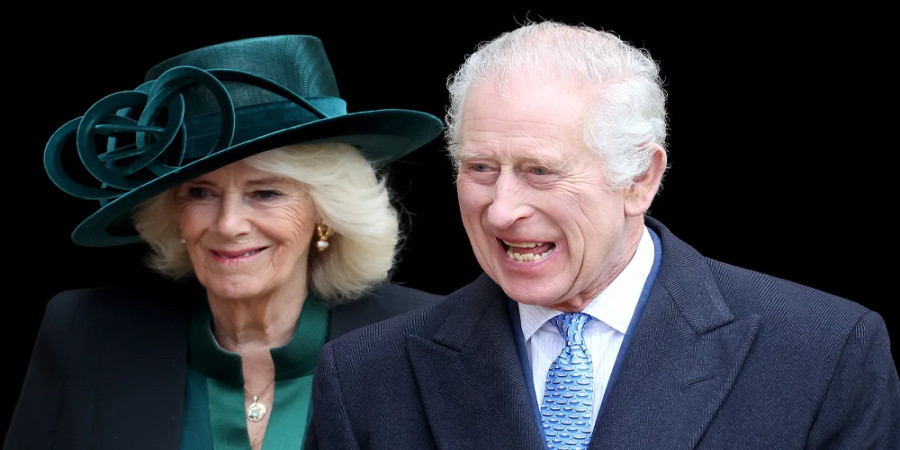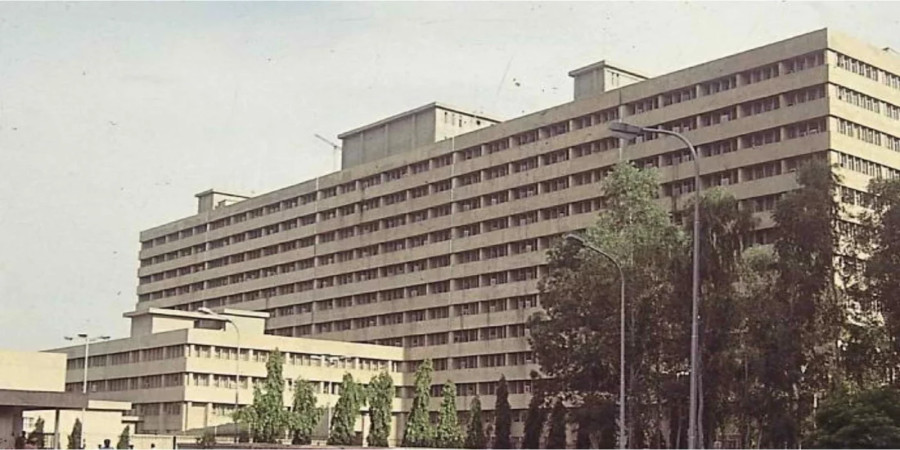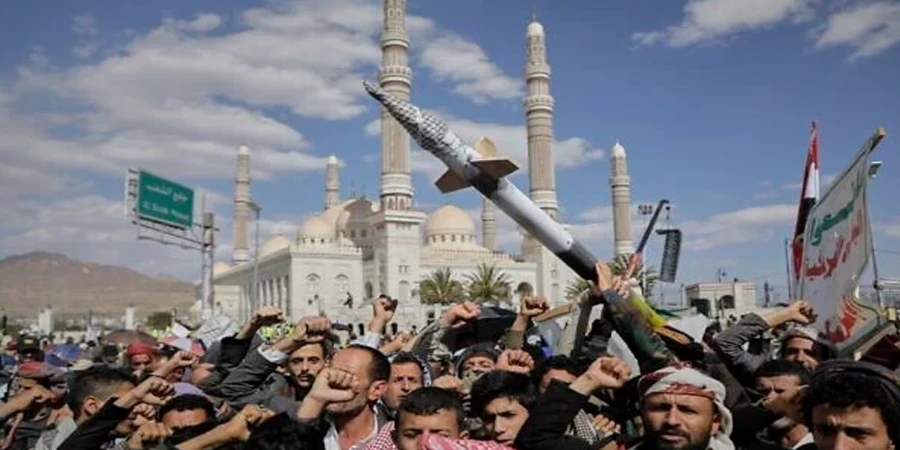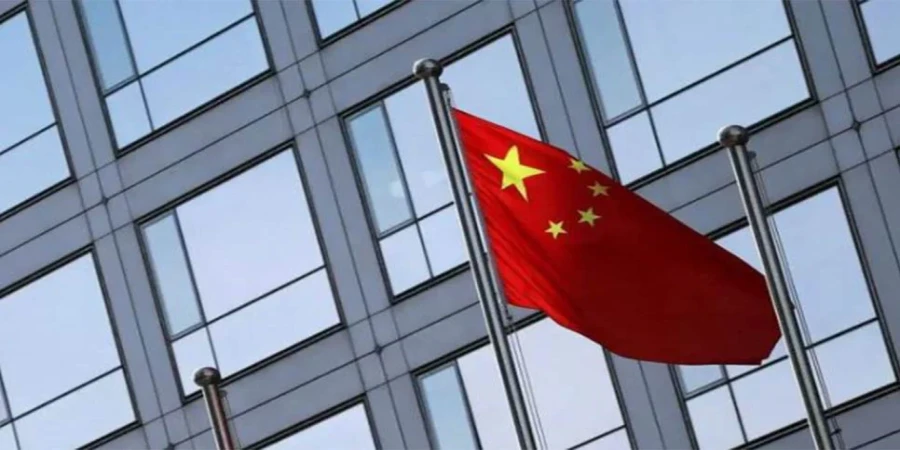
ছবি: King Charles III of Britain and Queen Camilla | Collected Photo
King Charles III is set to embark on a landmark visit to South Asia, including Bangladesh, India, and Pakistan, as part of Britain’s strategy to reinforce its relationships in the region. According to a report by The Daily Mirror on Friday, the monarch’s improving health has paved the way for this high-profile tour, which holds significant diplomatic importance in the post-Brexit era.
After undergoing treatment for cancer, King Charles is gradually resuming his royal duties. This upcoming tour, alongside Queen Camilla, marks a major step in Britain’s efforts to strengthen ties with countries in the Indian subcontinent, both economically and culturally. While specific dates for the trip have not yet been confirmed, the British Foreign Office has already initiated discussions with the respective governments.
The South Asia tour is being seen as a critical move for Britain to maintain its global influence and deepen its connections in a rapidly growing economic region. Diplomats and analysts believe this visit could elevate UK-Bangladesh relations to new heights.
“King Charles III’s visit will symbolize Britain’s commitment to fostering stronger economic and cultural partnerships with South Asia,” said a diplomatic expert. The trip is expected to focus on enhancing collaboration in trade, education, and sustainability, areas where Britain and South Asian nations have significant mutual interests.
Bangladesh is anticipated to be one of the highlights of the royal itinerary. The visit is expected to emphasize the shared history between the two nations and explore opportunities for future cooperation. Britain is Bangladesh's third-largest export destination, and the royal tour could further bolster trade relations.
The monarch’s visit could also spotlight issues like climate change—a subject close to King Charles’ heart. Bangladesh, as one of the countries most vulnerable to the impacts of climate change, could benefit from increased collaboration with Britain on green initiatives and climate adaptation strategies.
This is not the first time King Charles has visited South Asia. In 2006, he traveled to Pakistan with Queen Camilla. His upcoming tour is set to build on the strong historical and cultural connections between Britain and the subcontinent. These ties date back centuries, evolving from colonial relationships to modern partnerships marked by trade, migration, and education.
For Britain, this visit is about more than symbolism—it’s a calculated diplomatic move to reaffirm its relevance in the region amid growing geopolitical competition from other global powers.
While the visit carries significant promise, it is not without its challenges. Britain’s relations with South Asia have faced scrutiny in recent years, with India’s close ties to Russia being a point of concern for UK policymakers. Indian Prime Minister Narendra Modi’s rapport with Russian President Vladimir Putin adds a layer of complexity to the diplomatic dynamics.
Moreover, there are logistical hurdles to navigate, especially given King Charles’ recent health concerns. However, his improving condition has been a source of optimism, with royal aides expressing confidence in the success of the tour.
The tour is expected to have far-reaching implications for the region. For Pakistan, the visit could be an opportunity to rebuild bilateral relations strained by political and economic challenges. Similarly, for India, Britain is keen to highlight its commitment to fostering deeper ties, particularly in the realms of trade and education.
In Bangladesh, the visit could serve as a platform to celebrate the 50+ years of diplomatic relations since the country’s independence. King Charles’ commitment to sustainability aligns with Bangladesh’s climate resilience efforts, opening new avenues for collaboration.
The tour also carries a strong cultural dimension. The British monarchy’s influence and appeal in South Asia remain significant, particularly among older generations. The visit could rekindle historical bonds and promote goodwill among the people of the region
For Britain, the tour is part of a broader strategy to recalibrate its foreign policy following Brexit. With its departure from the European Union, Britain is seeking to strengthen ties with Commonwealth nations and other global partners. South Asia, with its burgeoning economies and strategic location, is a key focus in this realignment.
The visit by King Charles III and Queen Camilla is a testament to the monarchy’s role in advancing Britain’s soft power. It underscores the importance of maintaining strong cultural and political connections with South Asia in an increasingly multipolar world.
As King Charles III prepares to visit Bangladesh, India, and Pakistan, the tour represents more than just a ceremonial gesture. It is a calculated step toward redefining Britain’s role in the region and strengthening partnerships in a post-Brexit landscape.
For South Asia, the royal visit is a chance to deepen cooperation in critical areas like trade, climate action, and education. For Britain, it is an opportunity to reaffirm its historical ties while forging a path toward a more dynamic and interconnected future.
As the dates are finalized, anticipation builds for what promises to be a historic and strategically significant tour for both Britain and South Asia.
repoter






